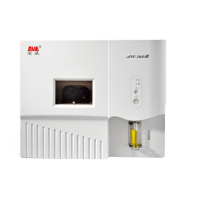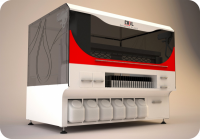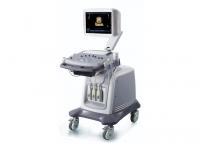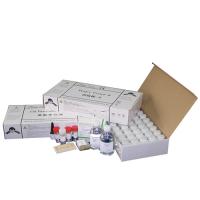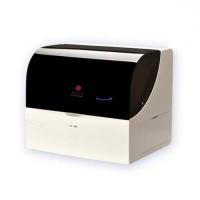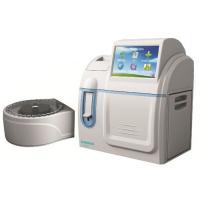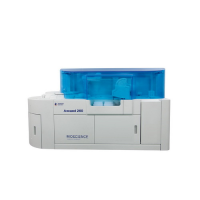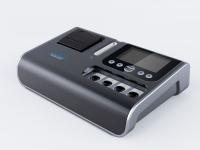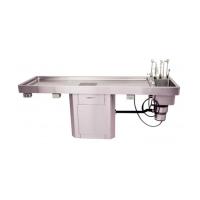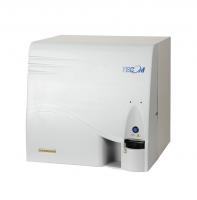Product Specification
| Condition | New |
| Brand | Feiyue |
| Warranty | YES |
| Certification | ISO |
Product Descriptions
FeiyueBio a speciality supplier in research kits, antibodies and reagents for life scientists working in biotech, pharma and academia. Our platform offers an extensive range of research materials for the detection, qualification and quantification of proteins and metabolites.
Commitment to quality
We are ISO9001 compliant, and commited to making continuos positive change to our practices, as well as working with our customers and partners to promote progression in life sciences research.
Product Name | Human anti-immunodeficiency virus antibody,HIV ELISA Kit |
Catalog NO. | FY-EH4413 |
Detection Method | Qualitative |
Size | 48T, 96T |
Storage | 2-8 ℃ for 6 months |
Species | Human |
CV %() | Intra-Assay: CV<8% |
Note | For Research Use Only |
Feiyue's Human anti-immunodeficiency virus antibody,HIV ELISA Kit is an ELISA reagent for detection of anti-immunodeficiency virus antibody,HIV in human serum, plasma.
anti-immunodeficiency virus antibody,HIV Introduction
Human immunodeficiency virus infection and acquired immunodeficiency syndrome (HIV/AIDS) is a spectrum of conditions caused by infection with the human immunodeficiency virus (HIV),a retrovirus. Following initial infection an individual may not notice any symptoms, or may experience a brief period of influenza-like illness. Typically, this is followed by a prolonged incubation period with no symptoms.If the infection progresses, it interferes more with the immune system, increasing the risk of developing common infections such as tuberculosis, as well as other opportunistic infections, and tumors which are otherwise rare in people who have normal immune function. These late symptoms of infection are referred to as acquired immunodeficiency syndrome (AIDS).This stage is often also associated with unintended weight loss.
HIV tests are used to detect the presence of the human immunodeficiency virus (HIV), the virus that causes acquired immunodeficiency syndrome (AIDS), in serum, saliva, or urine. Such tests may detect antibodies, antigens, or RNA. In an ELISA test, a person's serum is diluted 400-fold and applied to a plate to which HIV antigens have been attached. If antibodies to HIV are present in the serum, they may bind to these HIV antigens. The plate is then washed to remove all other components of the serum. A specially prepared "secondary antibody" – an antibody that binds to human antibodies – is then applied to the plate, followed by another wash. This secondary antibody is chemically linked in advance to an enzyme. Thus the plate will contain enzyme in proportion to the amount of secondary antibody bound to the plate. A substrate for the enzyme is applied, and catalysis by the enzyme leads to a change in color or fluorescence. ELISA results are reported as a number; the most controversial aspect of this test is determining the "cut-off" point between a positive and negative result.

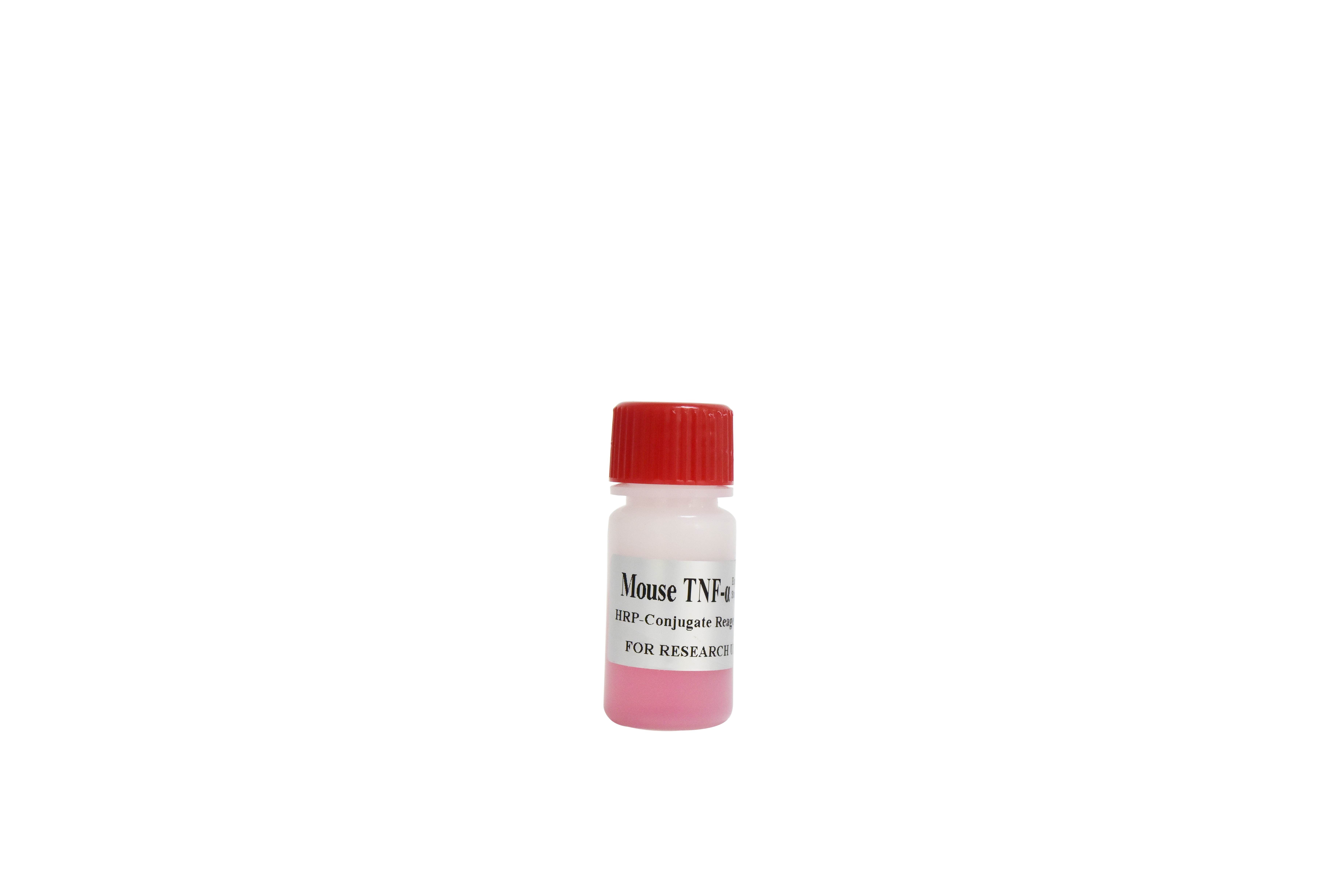
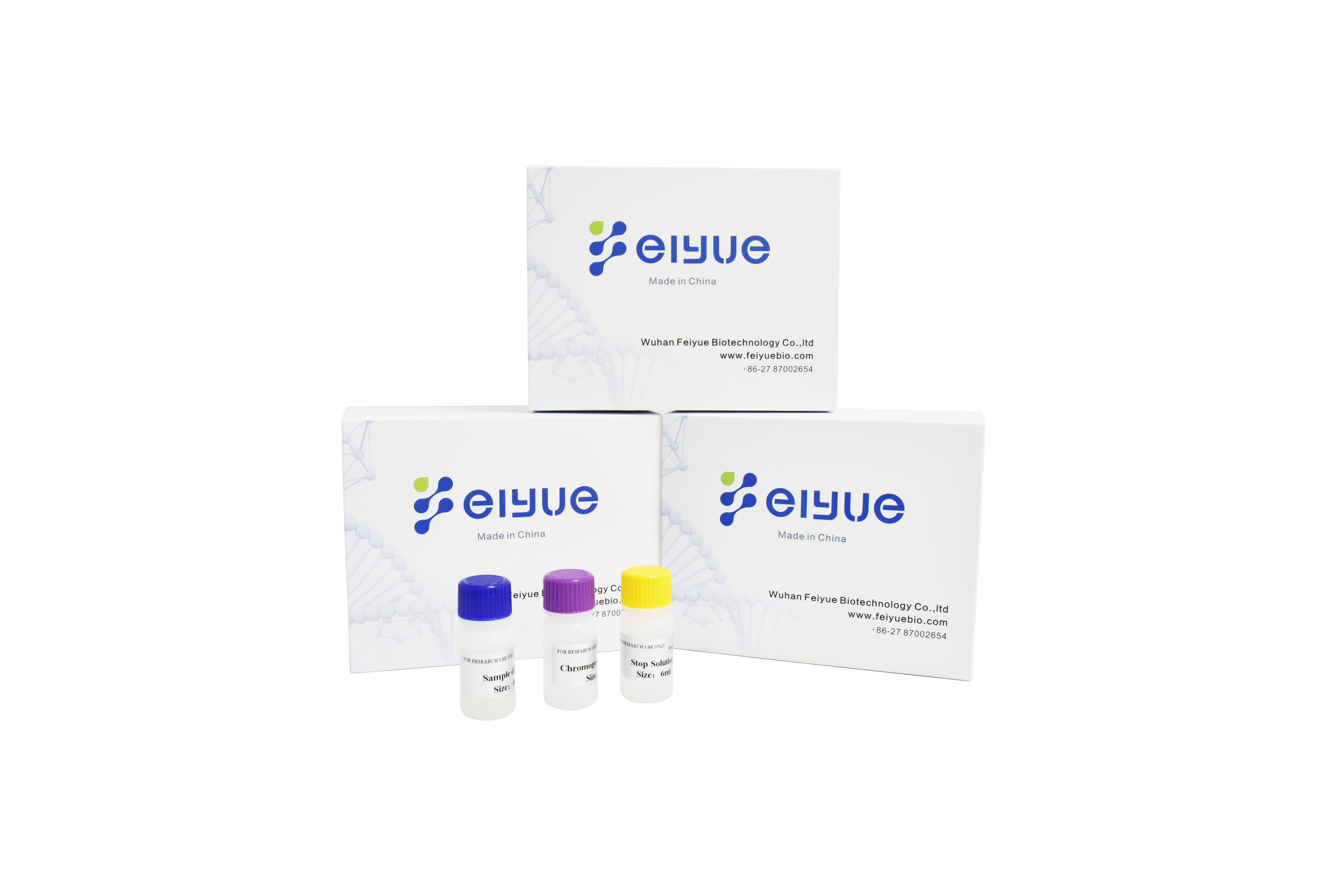

 Safe and secure payments using Abraa safe trade systems
Safe and secure payments using Abraa safe trade systems  \
\
